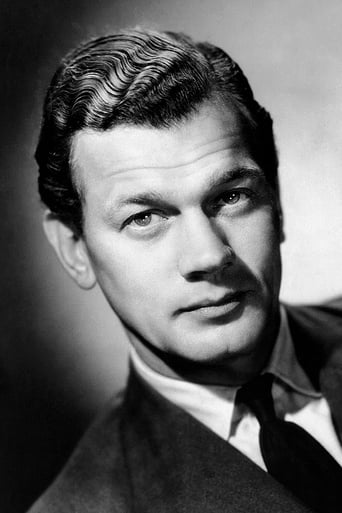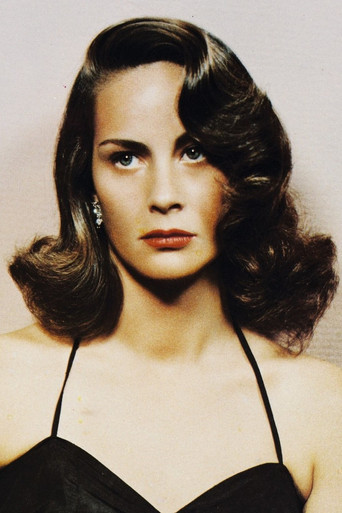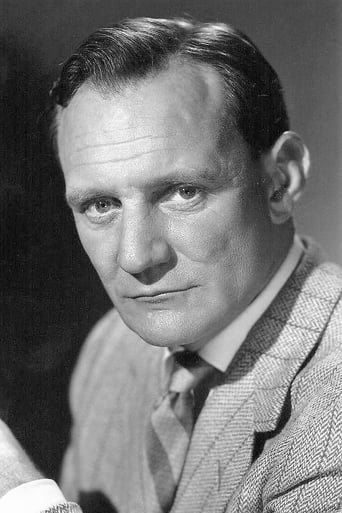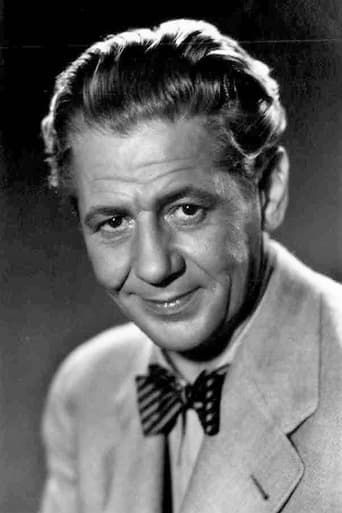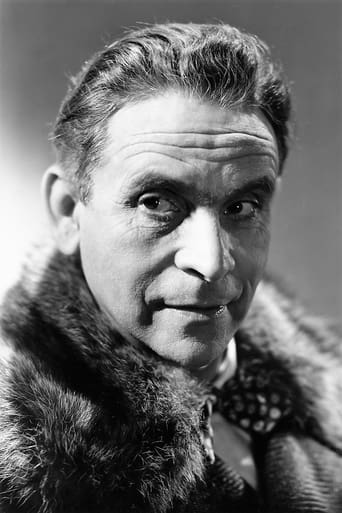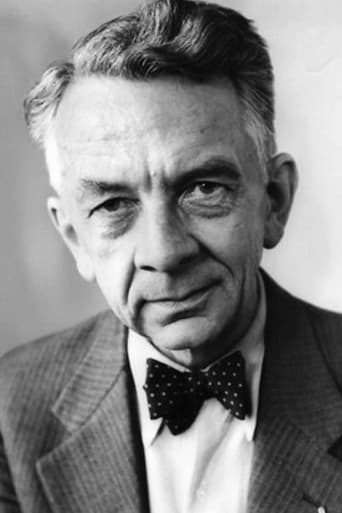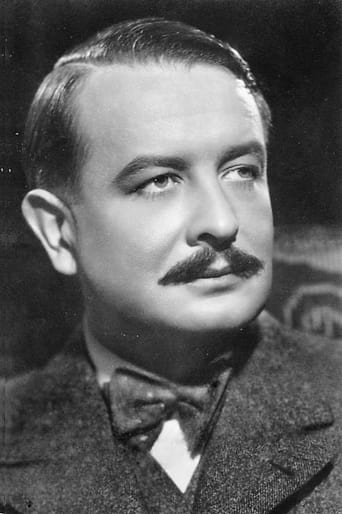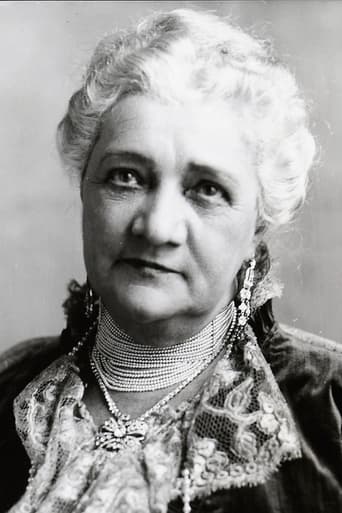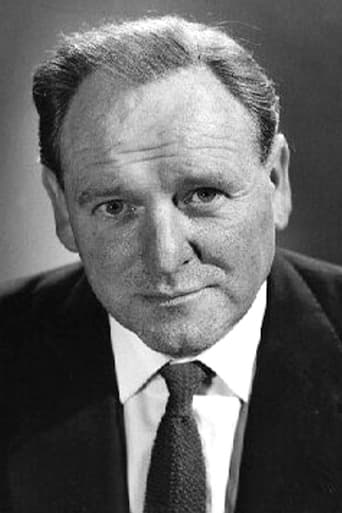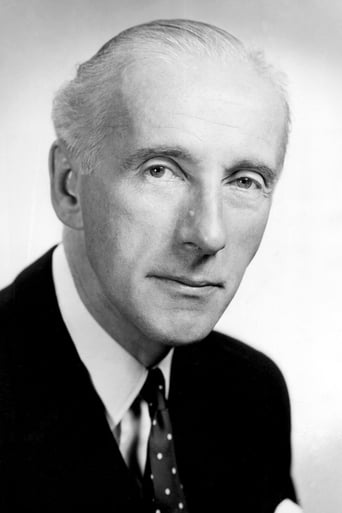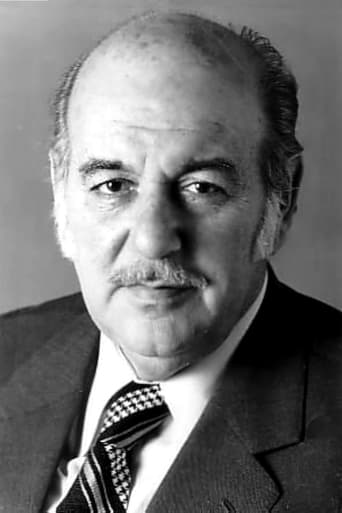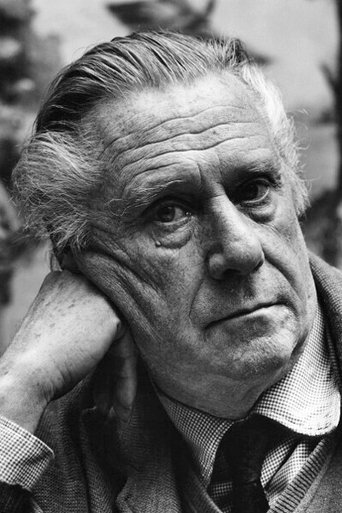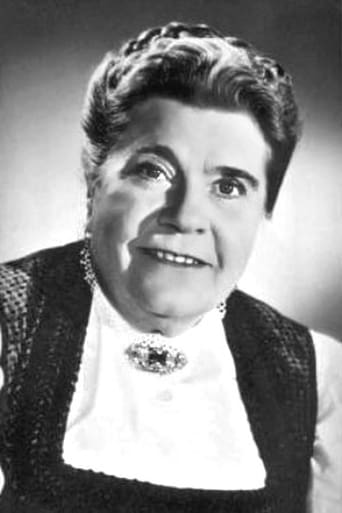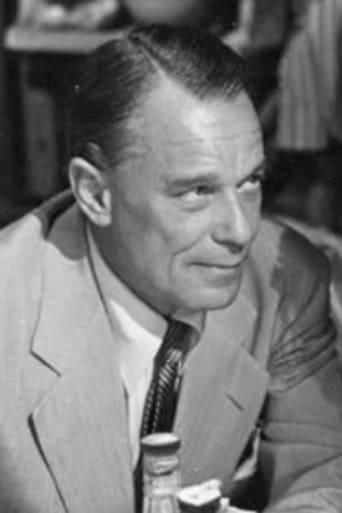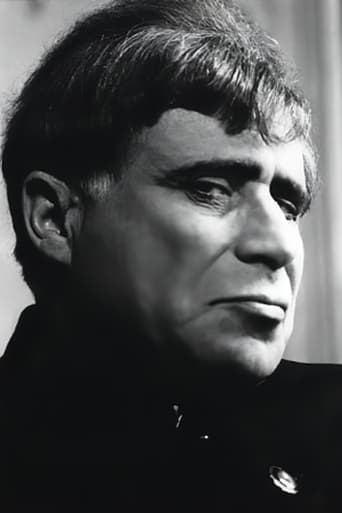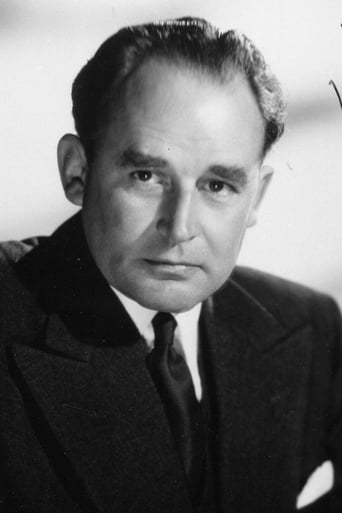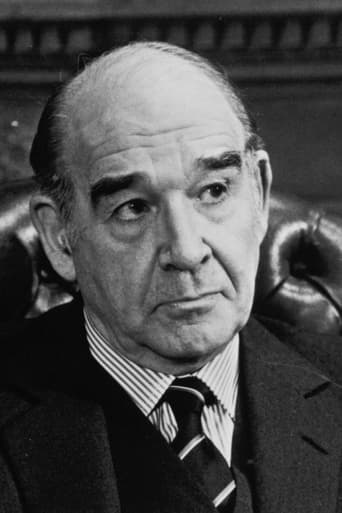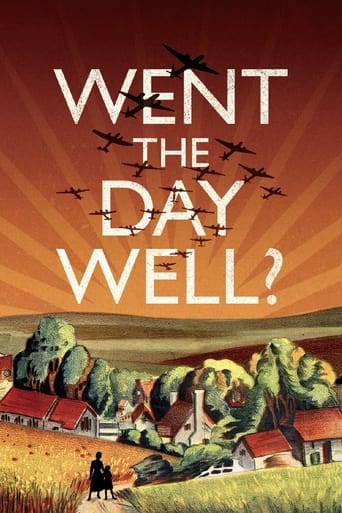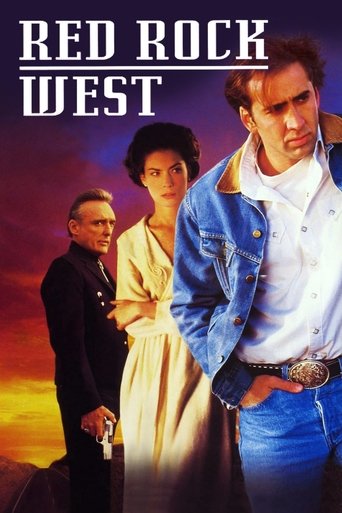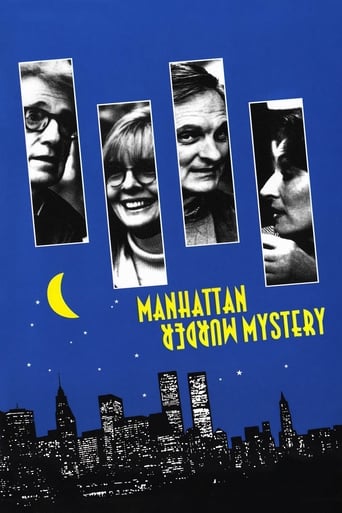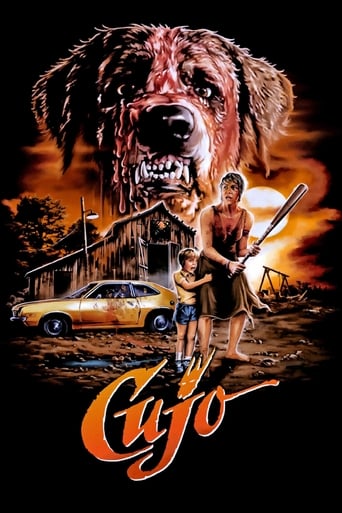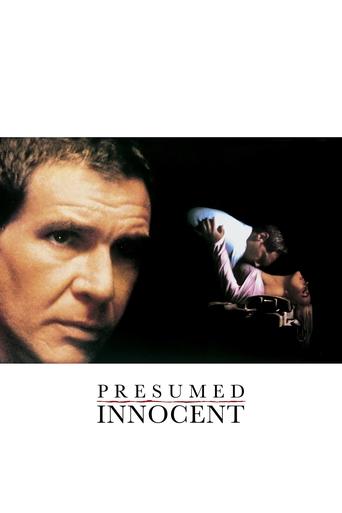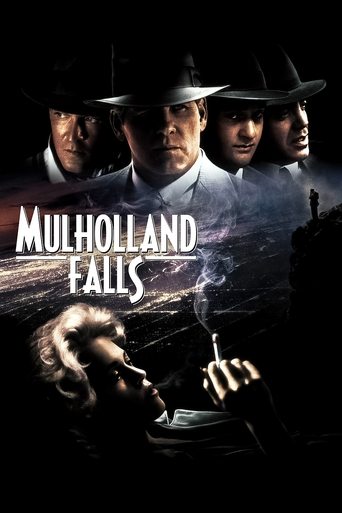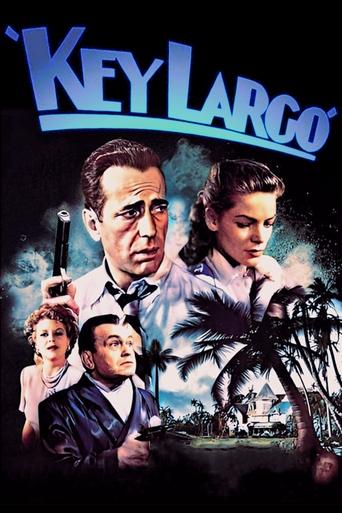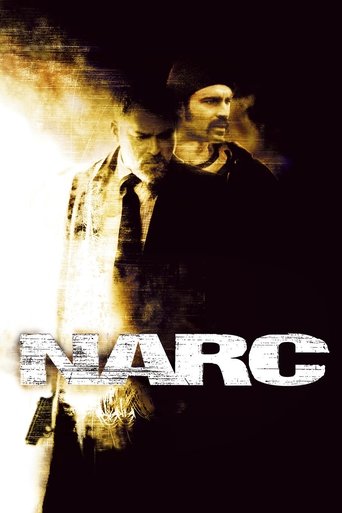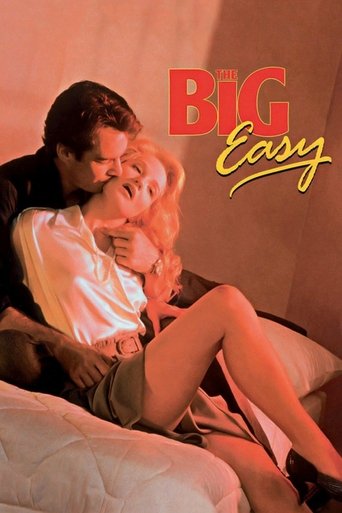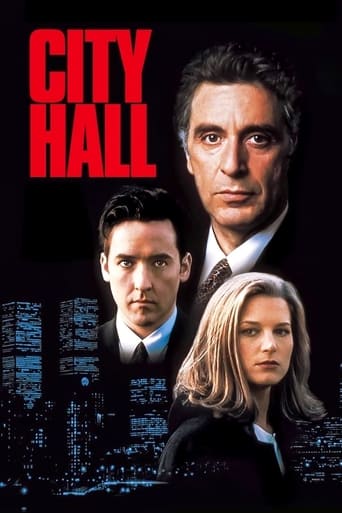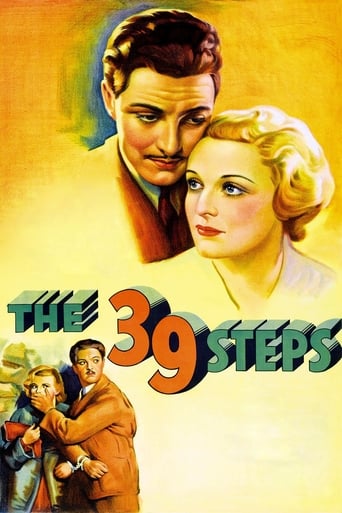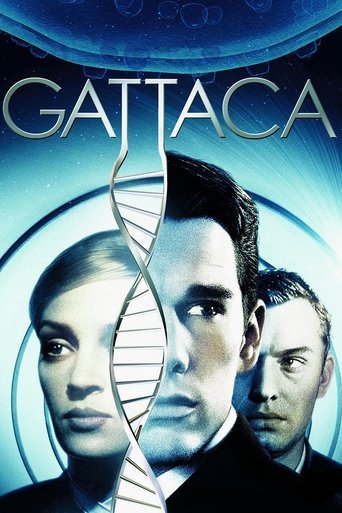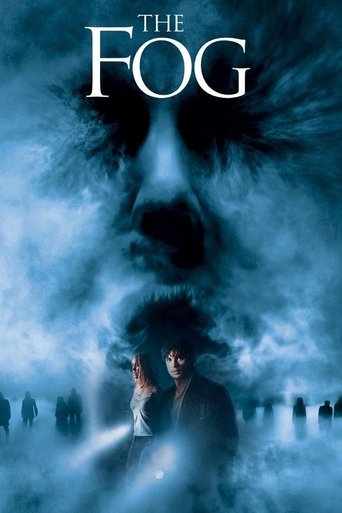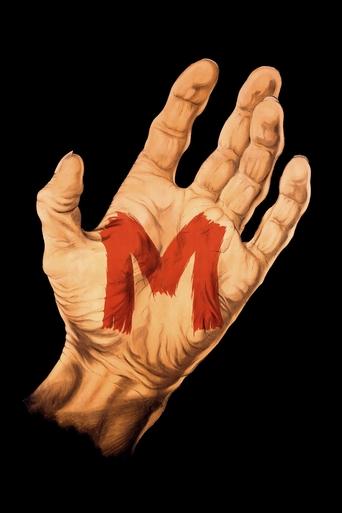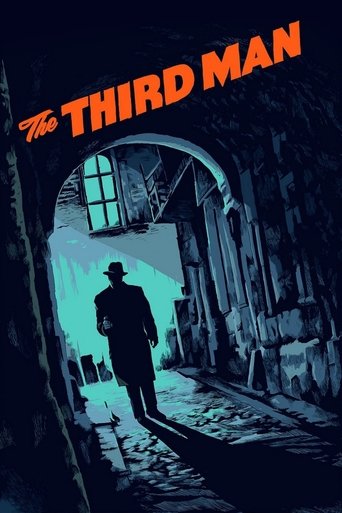
The Third Man (1949)
In postwar Vienna, Austria, Holly Martins, a writer of pulp Westerns, arrives penniless as a guest of his childhood chum Harry Lime, only to learn he has died. Martins develops a conspiracy theory after learning of a "third man" present at the time of Harry's death, running into interference from British officer Major Calloway, and falling head-over-heels for Harry's grief-stricken lover, Anna.
- Carol Reed
- Jack N. Green
- Peggy McClafferty
- Guy Hamilton
- Graham Greene
Rating: 7.9/10 by 1859 users
Alternative Title:
El Tercer Hombre - ES
The 3rd Man - US
제3의 사나이 - KR
Den tredje mannen - SE
Le troisième homme - FR
Трећи човек - RS
黑狱亡魂 - HK
第三个人 - CN
제 3의 사나이 - KR
De derde man - BE
O 3º Homem - BR
Третият човек - BG
Třetí muž - CZ
Den tredje mand - DK
Kolmas mies - FI
Ο τρίτος άνθρωπος - GR
A harmadik ember - HU
Il terzo uomo - IT
第三の男 - JP
Trečiasis asmuo - LT
Den tredje mann - NO
Третий человек - RU
Tretí Muž - SK
黑獄亡魂 - TW
Der dritte Mann - DE
제삼의 사나이 - KR
第三의 사나이 - KR
Country:
United Kingdom
Language:
English
Pусский
Deutsch
Runtime: 01 hour 45 minutes
Budget: $0
Revenue: $1,226,098
Plot Keyword: staged death, black market, cemetery, investigation, soviet military, prater, british army, austria, cover-up, film noir, foot chase, vienna, austria, sewer, missing person, post world war ii, ferris wheel, grim, penicillin, forged passport, ominous
Holly Martens (Joseph Cotten) receives a job offer from his friend Harry Lime (Orson Welles) in postwar occupied Vienna. He arrives there only to find that Lime is dead and every witness has a different story. Being a pulp writer, Holly thinks he can solve the mystery. But this is a Graham Greene story, and the mystery is not just a whodunit but an exploration of evil. Tangling with a nihilistic band of black marketers exploiting the corruption and ruin of a great city after the war, Holly is told that he is in way over his head. The movie has many unusual touches. Expressionist camerawork increases the feeling of dread. The traditional orchestral accompaniment is eliminated, replaced by a single folk musician playing an eerie tune on a zither. Several scenes of the movie are in un-subtitled Austrian-German, leaving the audience feeling as bewildered as Holly as he tries to communicate with the locals. Holly's amateur sleuthing is frequently comic, in a story that is deadly serious. One of the masterpieces of noir cinema.
Nobody thinks in terms of human beings. Governments don't. Why should we? The Third Man is directed by Carol Reed and written by Graham Greene. It stars Joseph Cotton, Alida Valli, Trevor Howard and Orson Welles. Music is by Anton Karas and cinematography by Robert Krasker. When writer Holly Martins (Cotton) travels to Vienna to hook up with his childhood friend Harry Lime (Welles), he is distressed to find that Harry has been killed in a road accident. After attending the funeral, Holly comes to believe that Harry's death was no accident and begins to try and clear his friend's name. But nothing is as it first seems..... It's well over 60 years since it was released and Carol Reed's film noir thriller continues to feel fresh and hold up under the closest of critical scrutiny. A haunting tale as it is anyway, the black market racketeers and penicillin tampering bastards leaving an unsavoury taste in the mouth, but the film is still further boosted by the director's ability to craft unnerving atmosphere by way of style and clinically paced passages of play. Performances are superlative across the board, with the film producing equal amounts of iconography and mischievous myth-making. It stuns with the narrative structure unfolding amongst a post war ravaged Vienna that dovetails with the fractured nature of the human characters. A maze of moist cobbled streets host chases involving man and long shadows, there's a fairground scene that is now steeped in folklore, which in turn is a witness to the banality of evil, and of course those cavernous sewers, home to such sullen tones. Reed brings the canted angles, with moral decay the order of the day and a side order of confusion to finally fill your noir hungry bellies. Krasker deals in expressionistic chiaroscuro as Karas plucks away at his Zither to land in your ears for eternity. A murder mystery, a pained romance and a suspense laden film noir, The Third Man is enduring in its qualities. Cuckoo clock and cat, shadowed doorway and the lone sombre walk of a female, it's still today entertaining the film purist masses and still being pored over by film makers home and abroad. The Third Man, it's a masterpiece by jove. 10/10
Nobody thinks in terms of human beings. Governments don't. Why should we? The Third Man is directed by Carol Reed and written by Graham Greene. It stars Joseph Cotton, Alida Valli, Trevor Howard and Orson Welles. Music is by Anton Karas and cinematography by Robert Krasker. When writer Holly Martins (Cotton) travels to Vienna to hook up with his childhood friend Harry Lime (Welles), he is distressed to find that Harry has been killed in a road accident. After attending the funeral, Holly comes to believe that Harry's death was no accident and begins to try and clear his friend's name. But nothing is as it first seems... It's well over 60 years since it was released and Carol Reed's film noir thriller continues to feel fresh and hold up under the closest of critical scrutiny. A haunting tale as it is anyway, the black market racketeers and penicillin tampering bastards leaving an unsavoury taste in the mouth, but the film is still further boosted by the director's ability to craft unnerving atmosphere by way of style and clinically paced passages of play. Performances are superlative across the board, with the film producing equal amounts of iconography and mischievous myth-making. It stuns with the narrative structure unfolding amongst a post war ravaged Vienna that dovetails with the fractured nature of the human characters. A maze of moist cobbled streets do host foot chases involving man and long shadows, there's a fairground scene that is now steeped in folklore, which in turn is a witness to the banality of evil, and of course those cavernous sewers, home to such sullen tones. Reed brings the canted angles, with moral decay the order of the day and a side order of confusion to finally fill your noir hungry bellies. Krasker deals in expressionistic chiaroscuro as Karas plucks away at his Zither to land in your ears for eternity. A murder mystery, a pained romance and a suspense laden film noir, The Third Man is enduring in its qualities. Cuckoo clock and cat, shadowed doorway and the lone sombre walk of a female, it's still today entertaining the film purist masses and still being pored over by film makers home and abroad. The Third Man, it's a masterpiece by jove. 10/10
Joseph Cotton ("Holly") arrives in post war Vienna to meet up with his former school friend "Harry Lime" - only to discover that he was recently killed in an automobile accident. Without his promised job, he starts to chat with the friends of the dead man and swiftly spots some inconsistencies that lead him to become suspicious. He determines to try and find out just quite what happened. It becomes harder and harder for "Holly" to get straight answers - even from those whom he ought to be able to rely upon - "Maj. Calloway" (Trevor Howard) nor even "Anna" (Alida Valli), the dead man's lover - seem to be able (or willing to help). Gradually, also, he begins to suspect that he is being followed. Pinpricks of light from cigarettes in the shadows, shifting bodies hugging the dimly lit doorways - and he begins to realise that maybe his friend was not quite as scrupulous and honourable as he might have wished or appeared. Right from Anton Karas playing the distinctive zither theme at the top of the film we are treated to a wonderfully evocative adaptation of Graham Greene's mystery thriller and Carol Reed really does well with the pace of this too. We do make progress, but "Holly" has to work hard - as do we - for it, and his shady protagonists remain in the shadows, really effectively. This is a super story of trust, loyalty and greed that really is still as good now as it was 70 years ago.
**Can a good movie be spoiled by an inadequate soundtrack? It can, and this film is proof of that.** I like film noir a lot, and I saw this film with pleasure. It's one of those films that you can't miss: it has an excellent story, complex characters, a lot of suspense and a good dose of humor, very elegant, almost intertwined with the main story, where we have a young American writer trying to unravel the very poorly explained death. from a friend in the half-ruined city that was Vienna in the years after World War II. The local police, rather than helping, seem to be part of the problem and, as he progresses in the investigations, there are more and more indicants of a crime. The film is very good and is very well directed by Carol Reed. The most common aspects of noir are all there: the light, the dense shadows, the tense and dark urban environment, a crime, many potential suspects and criminals, an apparently corrupt police and an elegant young woman who steals hearts, but it may not be so innocent as it looks. The film doesn't let us down for a minute and gives us exactly what we want to see and feel, and that's truly satisfying. To make things even better, we have good sets and believable costumes, a good use of exterior scenes and a city that, even destroyed, never loses its beauty and elegance. The cinematography couldn't be better, the camera work is worthy of being studied in film schools, and the effects are used sparingly and effectively. The cast is truly competent: despite being the most resonant name, Orson Welles is not the most visible actor. Still young and relatively good-looking (he would put on more weight in the following years, as we know), the actor appears little, but steals our attention whenever he appears. Joseph Cotten is the real protagonist of the film, and he does his job equally well. He is one of those actors that is forgotten today, but he deserves a lot that his work is reviewed and revisited. The only thing, and it's really just that, that brings this film down is its soundtrack and insistence on a mandolin theme that couldn't be more inappropriate. It could even have been used as an opening theme, during the credits, but no… the annoying music intrudes throughout the film to the point of being unbearable. It sounds like a melody made for a Marx Brothers movie, and it doesn't stop here! It's truly annoying and cuts the mood of the movie!

